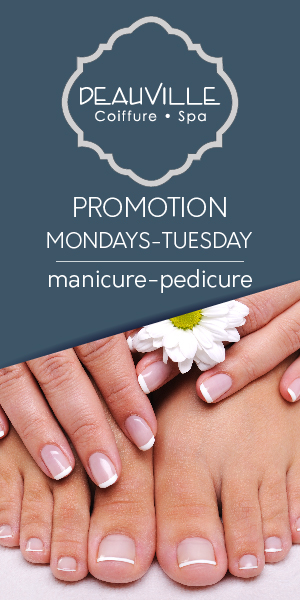Anti-aging creams generally are a moisturizer-based cosmetic skin care product sold with the claim of making the user appear younger by preventing, masking or even eliminating visible signs of skin aging, usually through the use of oils. Anti-aging creams, although they do have some useful effects in alleviating age-related declines in skin elasticity and firmness, may not be effective for all signs of aging. In fact, some anti-aging creams may even make the condition of aging worse! Thus, it is very important to understand that anti-aging cream is best for you, your skin and your budget.

Retinol: Retinol is one of the most popular ingredients found in anti-aging creams. It is commonly found in moisturizers and as a vitamin A derivative. It has been proven to reduce age-related signs of saggy, wrinkled skin, fine lines, puffy eyes and dark circles. Through its ability to stimulate cell growth and its anti-inflammatory properties, retinol can also help decrease the appearance of age spots, acne scars and blemishes on the skin’s surface.
Retinoids can come in the form of vitamins A, C and E. Vitamin A, as well as derivatives such as retinoic acid, is widely known for its benefits in combating age-related signs, such as wrinkles. Vitamin C promotes collagen production, while vitamin E works to maintain skin moisture. Active ingredients in retinoids (such as retinol) can enter the bloodstream and reach the muscles, where it can act to contract and relax as needed.
Cleansers: Some of the best anti-aging creams include cleansers that clean without over exfoliating. When using an exfoliating cleanser, it is important to note that the best results usually occur after several days of use. The goal of regular cleansing is to increase the body’s ability to eliminate excess sebum, which can begin to settle at the top layer of skin and create an overall appearance that is not smooth or evenly distributed. In addition to this, many of the best exfoliation cleansers can offer a deeper cleansing experience that can benefit those who are looking for an overnight fix to their appearance problems. For instance, peptides can be included in some of the best exfoliation serums to remove dead skin cells without causing any visible damage to the skin.
Dermatologists: Some individuals have questions about what is in anti-aging creams and serums. While it is true that some chemicals used in these skincare products may cause redness or irritation in some people, these adverse reactions should pass with time. These side effects are usually caused by the concentration of chemicals in these products. For instance, AHAs, which are included as part of most exfoliating cleansers, may include glycolic acid, lactic acid, and salicylic acid. In many cases, you will find that these ingredients can help to fade age spots, brown spots, and fine lines, without causing irritation or redness.
Skincare: One final wrinkle cream discussion that we are going to address is the question of how to choose between wrinkle creams and serums. Many of these wrinkle solutions are offered in the form of both a cream protector. A cream protector can be applied before applying the actual cream, which will help to seal in some of the ingredients of the product. Creams are often chosen based on their ability to reduce wrinkles, increase the firmness of the skin, and to soften and smooth deep wrinkles. When selecting an anti-aging cream, the safest bet is still to consult with a dermatologist.



